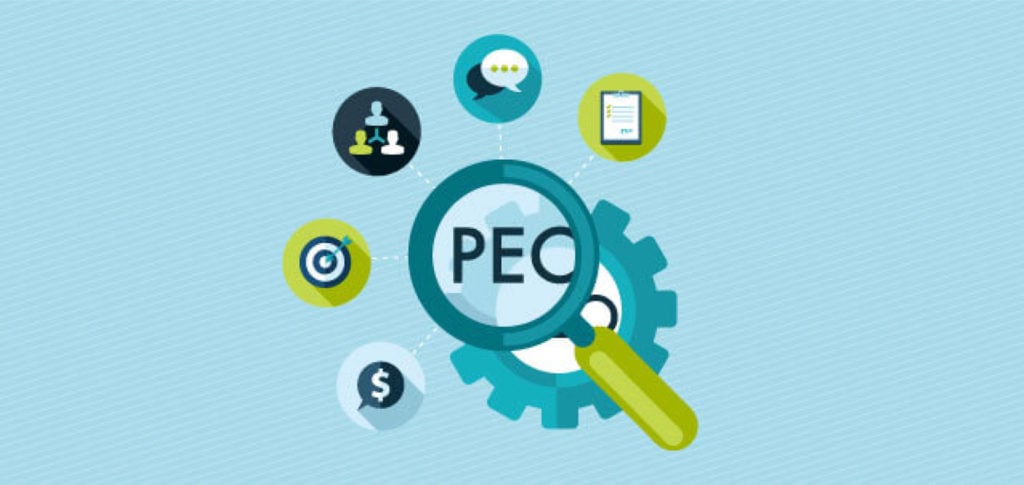
An HR PEO Professional Employer Organization Frequently Asked Questions
For any organization to exploit employment management services like a professional employer organization (PEO), they need extensive insight into what exactly a PEO can do for them.
PEOs are more than just a great source to outsource HR capabilities and expertise for small and medium businesses. They are co-employers and key players in compliance and workforce matters. Small businesses can tap into the wealth of knowledge and expertise possessed by PEOs to standardize their HR policies and transform practices for the better.
Q 1: Do PEOs mostly serve small businesses?
Yes, PEOs are mostly relied on by small businesses. The services provided by PEOs are geared toward small businesses that either don’t have an HR department or rely on DOO (department of one). Statistics highlight that the companies that rely the most on PEO services come from across different sectors from small scale manufacturing to retail, medical, engineering, plumbing, and many more. These small businesses have 22 employees on average.
Q 2: What is the difference between outsourcing your HR and engaging a PEO?
While both outsourcing and PEO enable organizations to access HR functionalities, the two models are different in several ways. For one, engaging a PEO is founded on the co-employment model while outsourcing HR doesn’t. Another difference concerns liability. As a co-employer, a PEO shares some of the liability. On the other hand, an outsourced HR entity is not a co-employer and you will still be responsible and liable for all of the work the outsourced undertakes. These are just a few of the many differences between a PEO and an outsourced HR company.
Q 3: How does co-employment work?
Under the co-employment arrangement, the PEO becomes the employer of record but the business maintains its control over the employees. The PEO is responsible for HR-related tasks as well as matters related to tax as the employer of record. The arrangement also allows the PEO to take over benefits and compliance issues while the business continues to manage employees’ wages, hours, and so on.
Q 4: Do business owners lose control of their PEO?
No. While the co-employment bestows the status of co-employer to the PEO, you will still be in charge but working in partnership with your PEO provider. The only area controlled extensively by the PEO is the management of employees’ benefits and you will still maintain control of this sector because employees are always under your leadership and control.
Q 5: What liability of the small business does the PEO assume?
A PEO assumes a wide range of responsibilities for its small business customer, including reporting of taxes paid to both federal and state from employee wages. Also, the PEO ensures the small business is compliant with the ever-changing payment laws and regulations.
Q 6: What does an accredited PEO mean?
PEOs are accredited by the Employer Services Assurance Corporation (ESAC), an independent nonprofit agency. Accreditation is important since it highlights PEOs’ financial stability, ethical conduct, operational standards, and so on. This information is readily available on ESAC’s website. The board directors of ESAC consist of professionals and they collectively have with over more than 100 years of experience in the sector.
Q 7: Does a PEO offer one or multiple health insurance plans?
Most PEOs offer multiple plans from preferred providers to high-deductible options. Their small businesses customers can choose the one that benefits their employees the most. The only issue is cross-state regulations that can limit your options depending on the state you’ve set up shop.
If some of your questions regarding PEOs remain unanswered, you can post them in the comment section and we will try to provide you some answers.
You can also contact the Pivotal team through the form below!


 Our HR solutions experts can recommend the right mix of HR outsourced services to make your entry into Canada easier.
Our HR solutions experts can recommend the right mix of HR outsourced services to make your entry into Canada easier.  Pivotal Employment Management Services co-hires your workforce, simplifying entry of your business in Canada.
Pivotal Employment Management Services co-hires your workforce, simplifying entry of your business in Canada. 
















7 HR Solutions to Retaining Customers